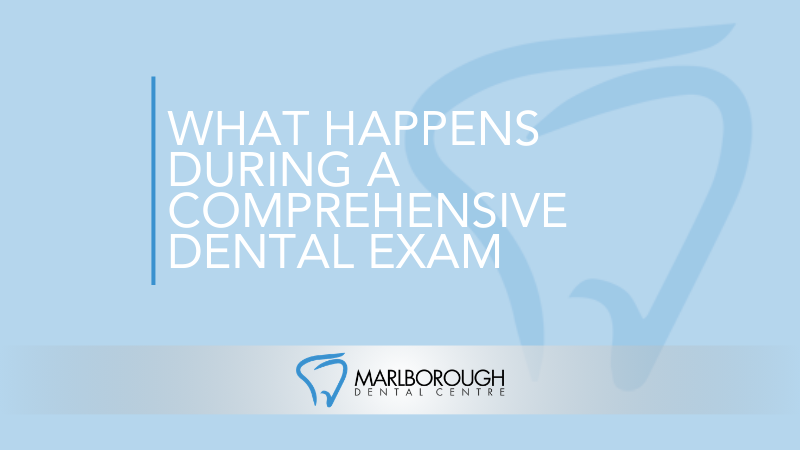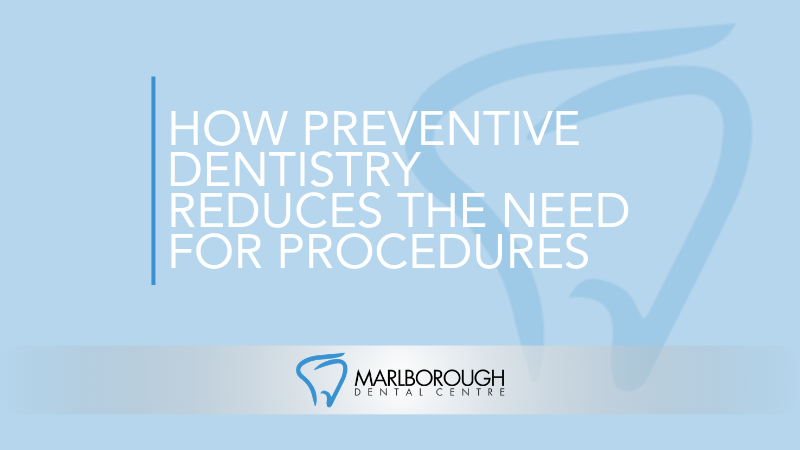Bleeding or inflamed gums can cause discomfort and can also be a sign of other underlying health issues. This post provides an overview of some of the potential causes of bleeding or inflamed gums, short-term and long-term effects of this condition, as well as some of the options that may be used to treat or prevent bleeding gums.
Potential causes
There are several possible causes for gums that are irritated, feel tender, or bleed during brushing or flossing. These reasons include plaque and tartar that has mineralized around the tooth, bacteria, or infection. Improper brushing or flossing might contribute to this situation, or a patient might require more frequent check-ups and dental cleaning.
At other times, a patient is following what seems to be good brushing or flossing techniques, but they are accidentally creating gum irritation. An example of this would be flossing too harshly or aggressively, or brushing with a stiff-bristled toothbrush that aggravates sensitive gums. Similarly, certain at-home whitening trays or treatments can leak past the tray and create gum irritation or pain, especially if the whitening treatment is left on for a longer period of time than necessary.
Bleeding gums can also be connected to health-related issues such as vitamin deficiencies, smoking, or conditions such as diabetes, heart conditions, or a change in hormones. In certain cases it can also be a sign of health issues within the mouth, such as gum disease, malocclusion or oral cancer. Since each individual’s case is different, it is important to visit a dentist or dental hygienist if you are experiencing bleeding or sensitive gums so that these professionals can help determine the cause of the issue, and develop the optimal dental care treatment plan possible.
Short-term effects of bleeding gums
In the short term, bleeding gums can cause pain or irritation, as well as bad breath. It can also make it difficult for a patient to wear an appliance such as a retainer or invisible brace such as Invisalign. Brushing or flossing may become more painful.
Long-term effects of gum disease
Bleeding gums can sometimes be a sign of gum disease. This can progress to stages either slowly or rapidly depending on the patient, but it is most treatable when caught early. If a patient has gingivitis, a dentist or dental hygienist can conduct teeth cleaning and procedures such as root planing or scaling, and help the patient with a follow-up treatment plan to maintain good dental health. However, periodontitis and advanced periodontitis can create more discomfort for the patient and come with other effects such as receding gums, which can expose the roots of the teeth and create even more sensitivity in the gum area. Furthermore, if periodontitis goes untreated for too long, a patient may also have issues such as deterioration of the bones surrounding the teeth, which may cause changes in tooth placement or bite.
Suggestions for bleeding gums
Anyone experiencing gum sensitivity or bleeding should adjust their brushing and flossing routine if they feel this may be the cause, and notify their dentist at their next visit. At the visit, it can be helpful to notify your dentist or hygienist if you have been experiencing any other health changes.
The best way to address gum sensitivity is by prevention: following a good brushing and flossing routine as well as attending regularly scheduled dental appointments can help prevent problems and allows your dentist or dental hygienist to address small problems before they become more severe.
Want to Learn More?
To learn more about dental care and maximizing your dental health, read our FAQ list or visit our blog to find out more general information about dental care. Should you need more information, or to book an appointment, you can contact us by phone at 403-248-2066 or online.



